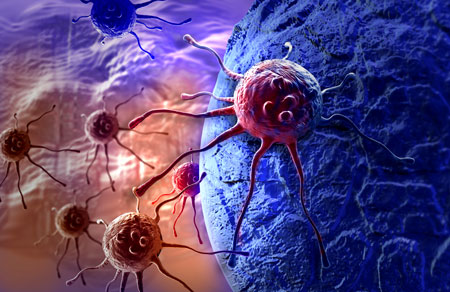
Cancer is Complicated
In an article discussing the challenge of tumor heterogeneity, Drug Discovery News (DDN) laid out several factors which contribute to heterogeneity and which complicate the clinical presentation of tumors, but which are not well modeled in cell culture:- Genetically diverse subclonal populations, both within a tumor and across different metastatic lesions
- Epigenetic Changes
- Diversity in Tumor Microenvironment
While these models remain powerful tools for experimentation, they fail to account for the complexity of an uncontrolled clinical presentation.
PDX Models and Humanized Mice
Patient-derived xenograft models address some, but not all, of the limits imposed by cell line research. PDX models better represent a clinical cancer presentation, for example, but don't account for the interactions between a patient's immune system and tumor adaptation which could impact heterogeneity.To that end, Taconic spearheaded movement within the industry towards the adoption of mouse models with recreated human immune systems. These 'humanized mice' - notably the huNOG and huNOG-EXL lines, among others - support exploration of more complex tumor presentations and immune responses by replicating key features of the human immune system.
Humanized mice engrafted with a human tumor, in particular a human PDX, currently represent the industry's best option for immuno-oncology research applications, or any case where tumor heterogeneity could disrupt efficient drug development.






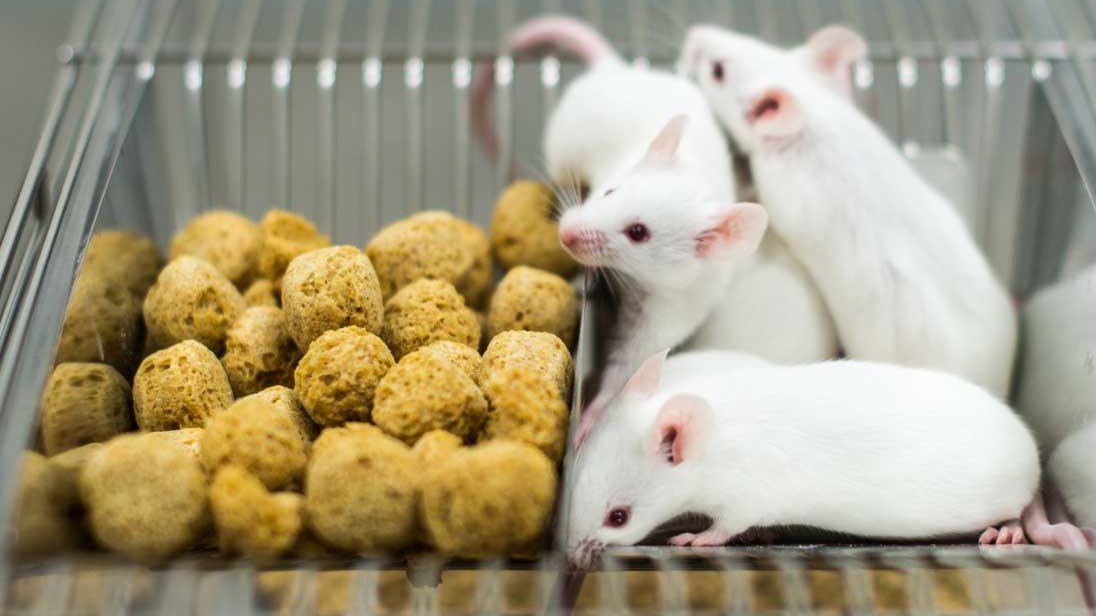
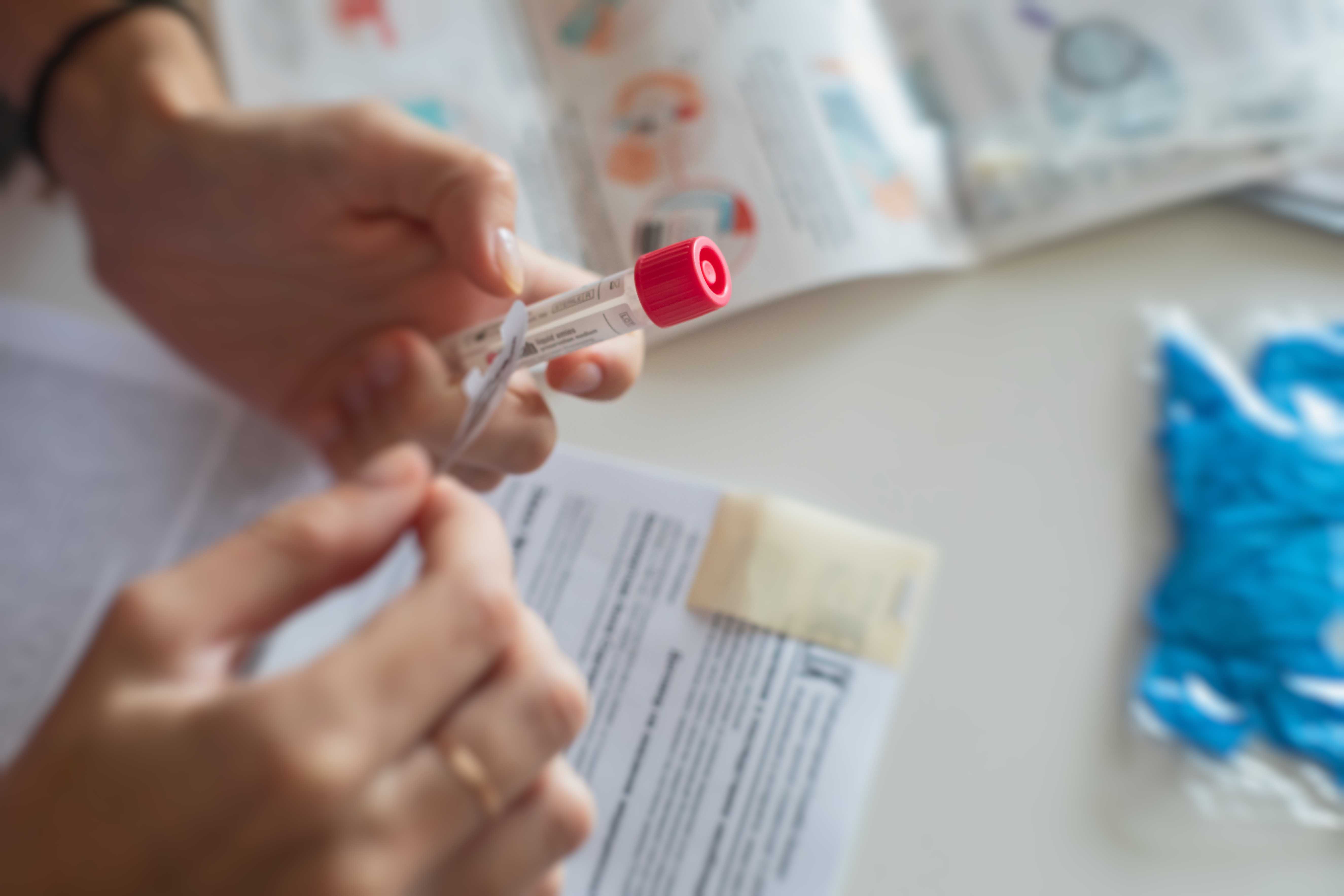

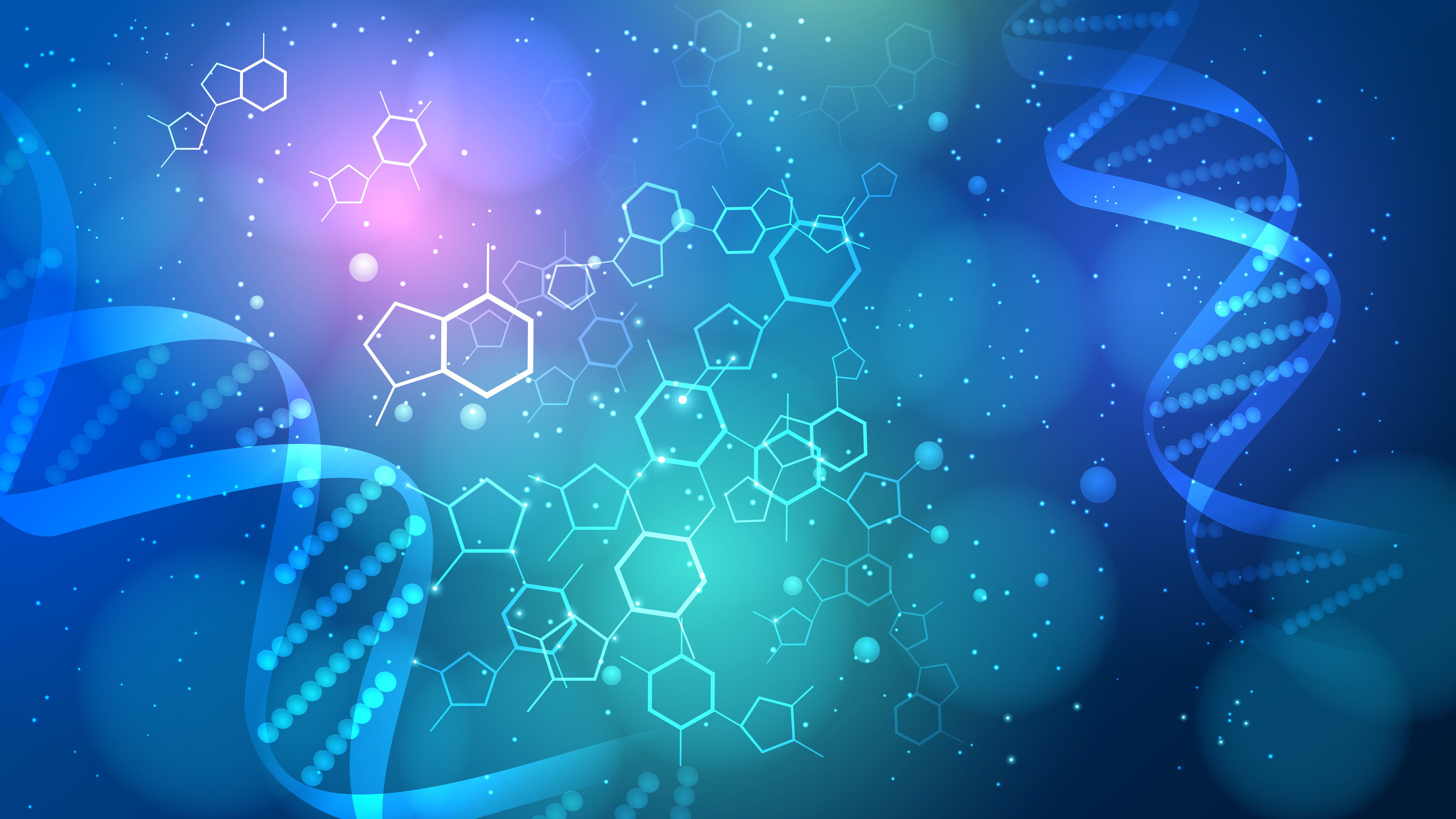


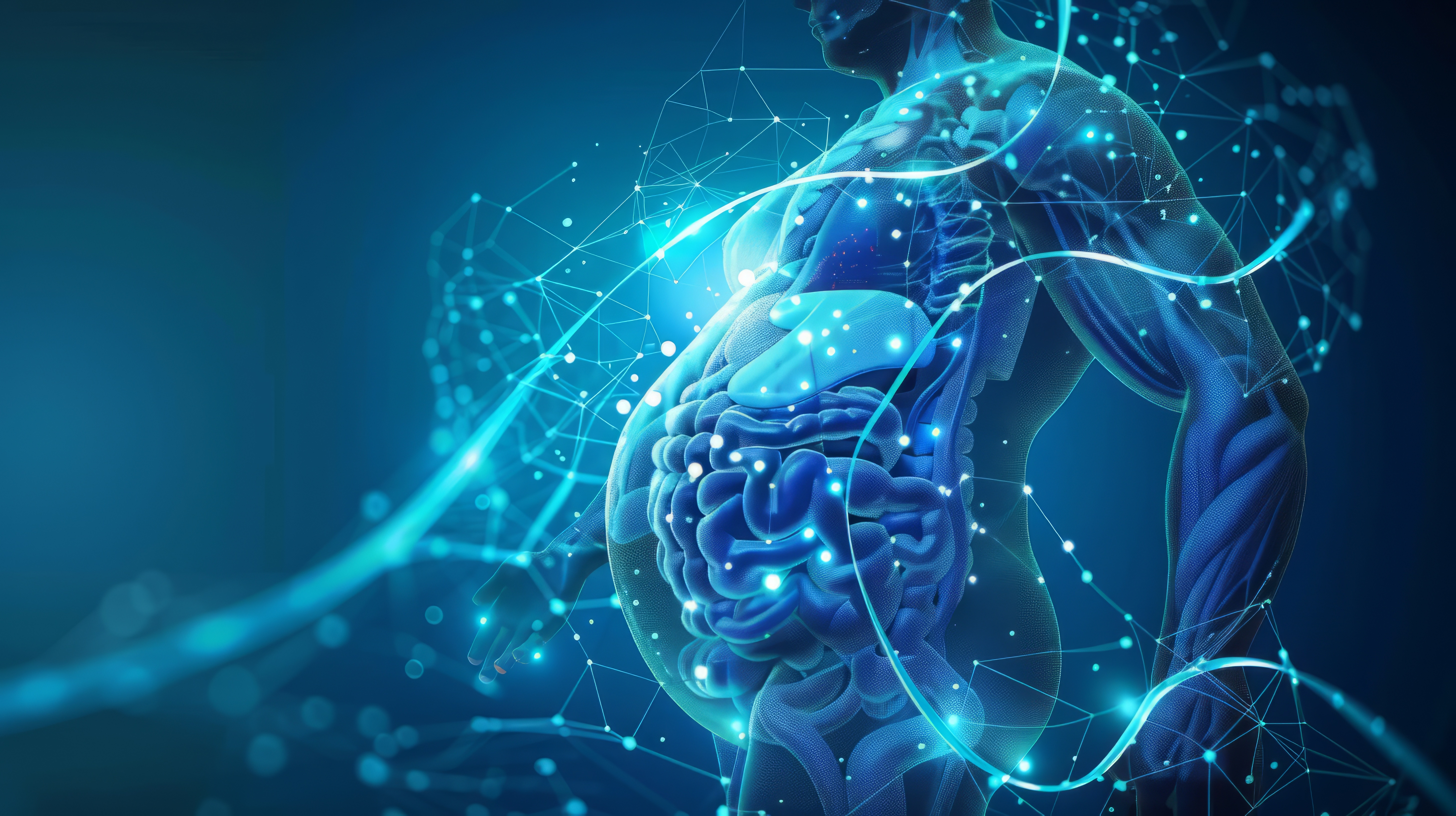


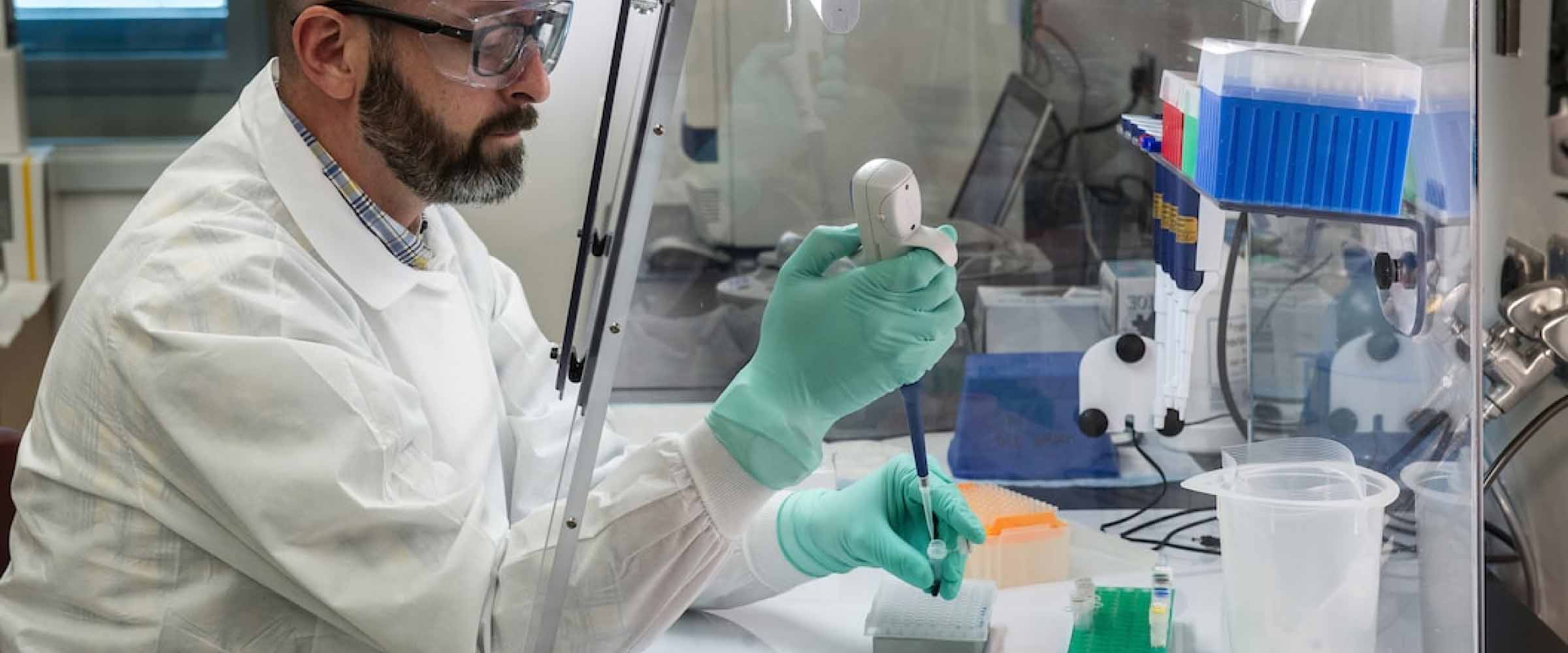
.jpg)

.jpg)
.jpg)
.jpg)
.jpg)
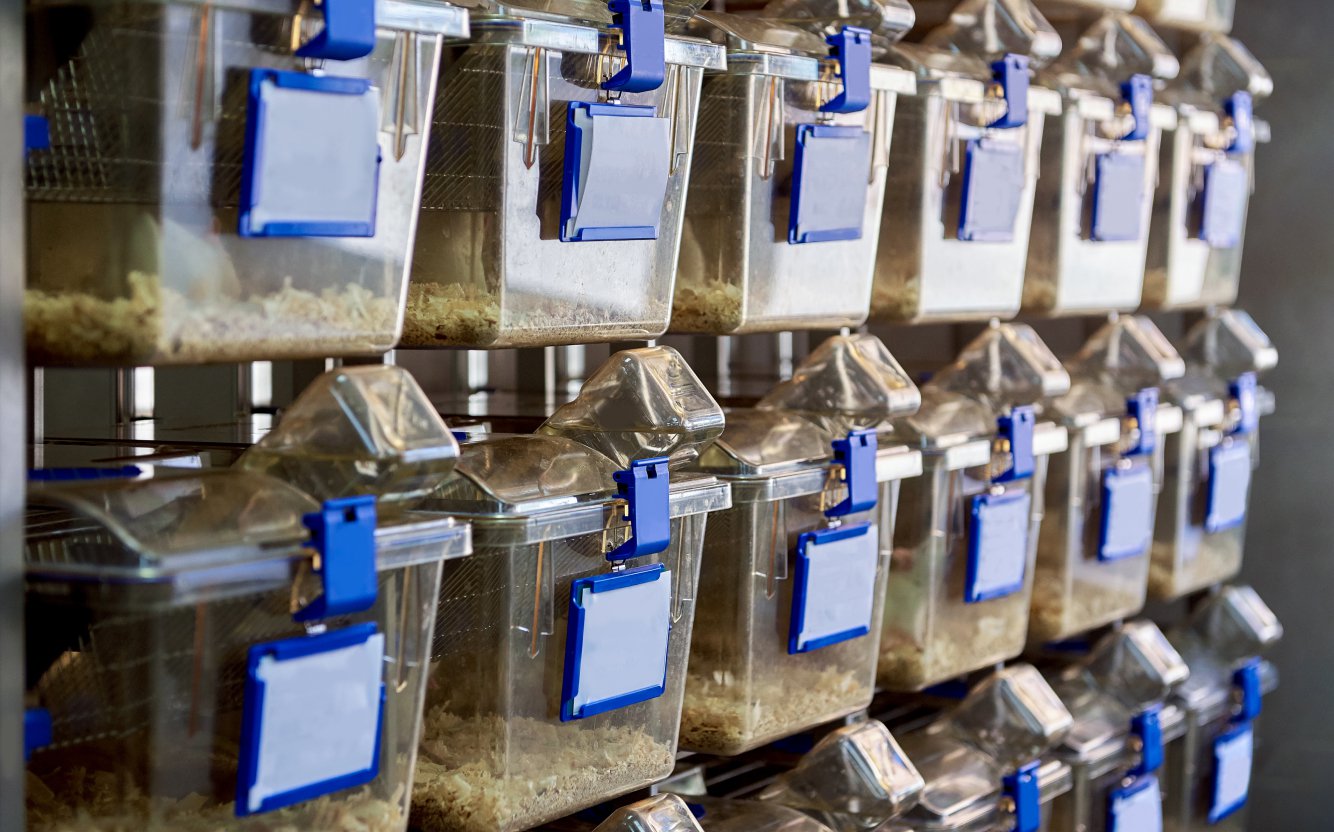
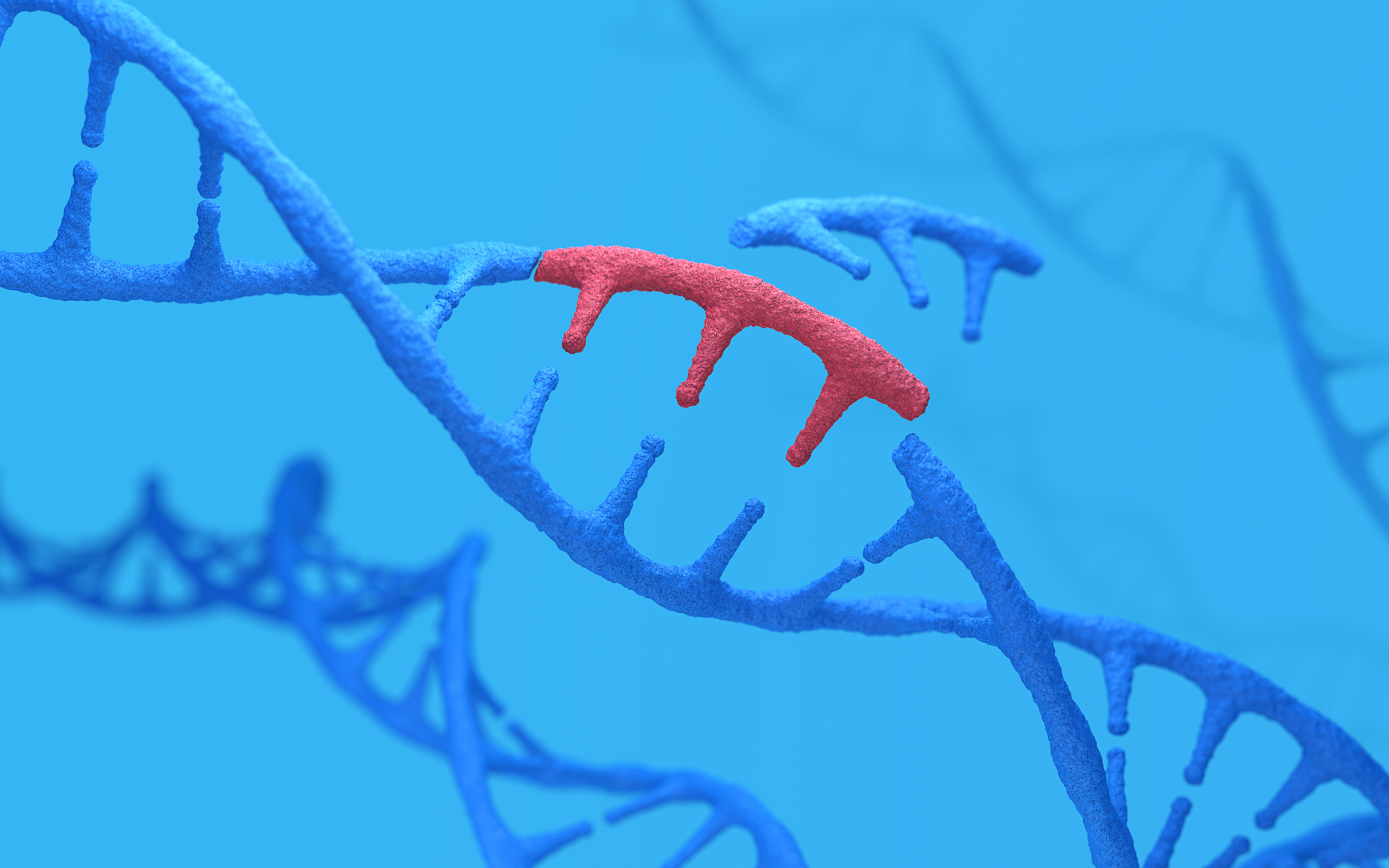
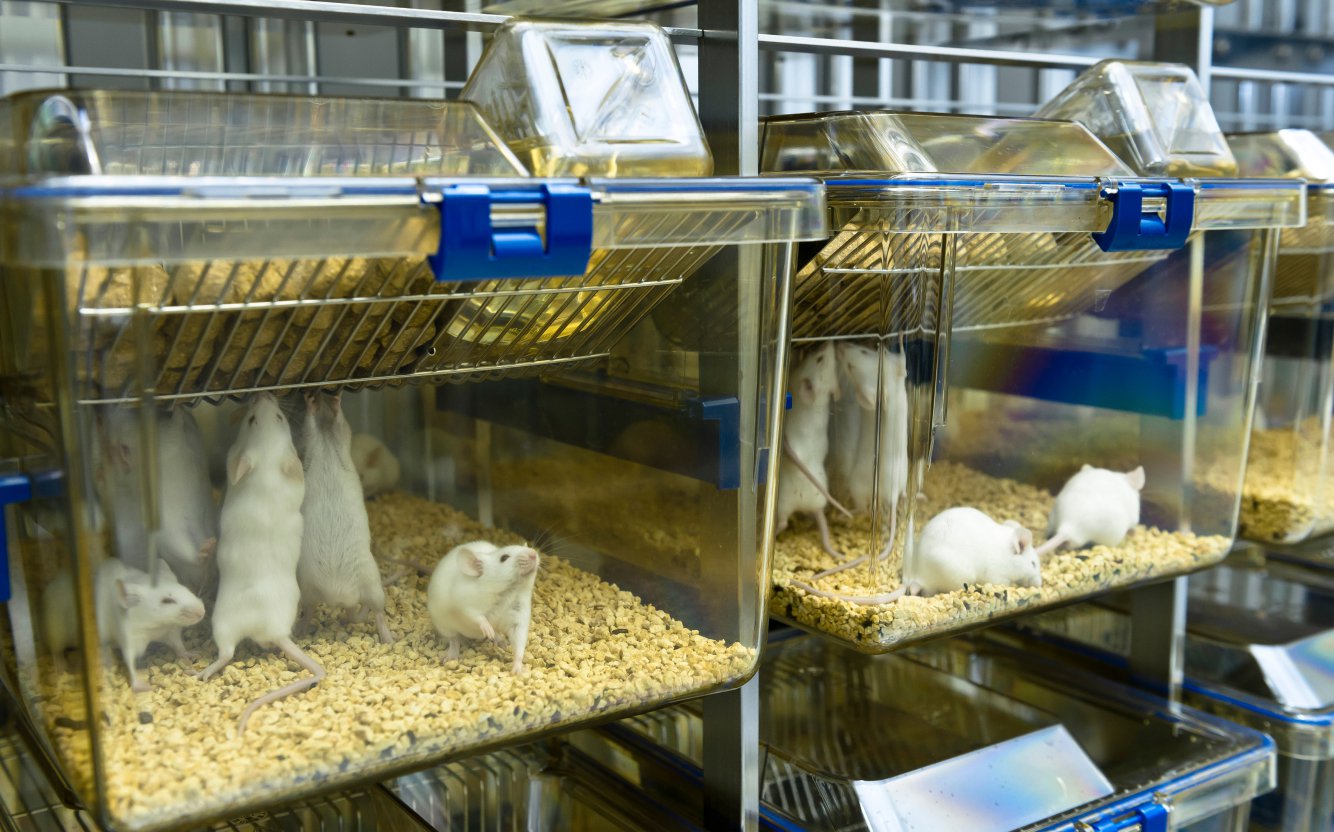


.jpg)

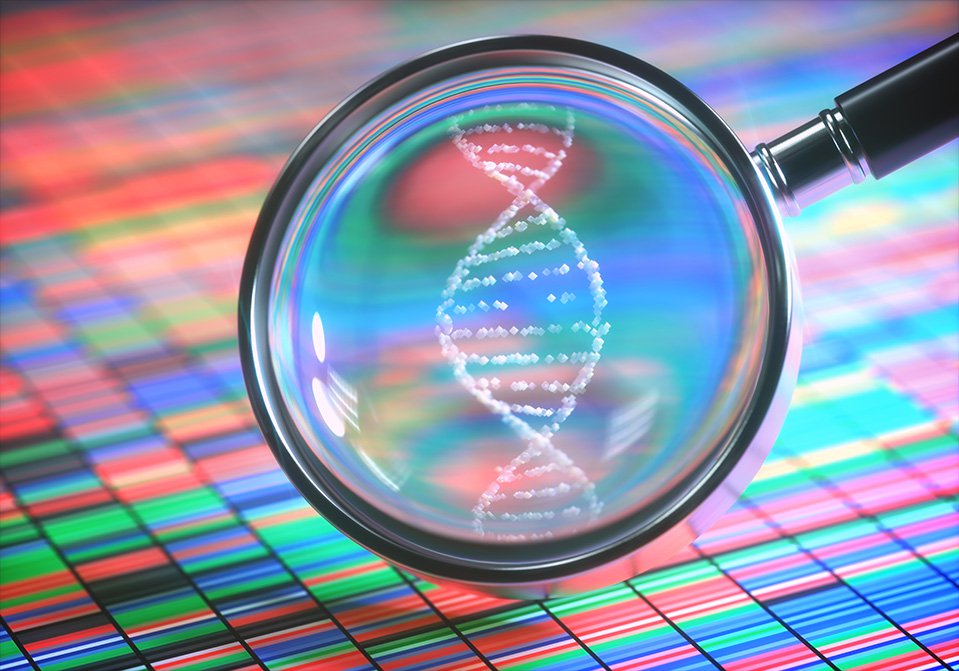
.jpg)
.jpg)

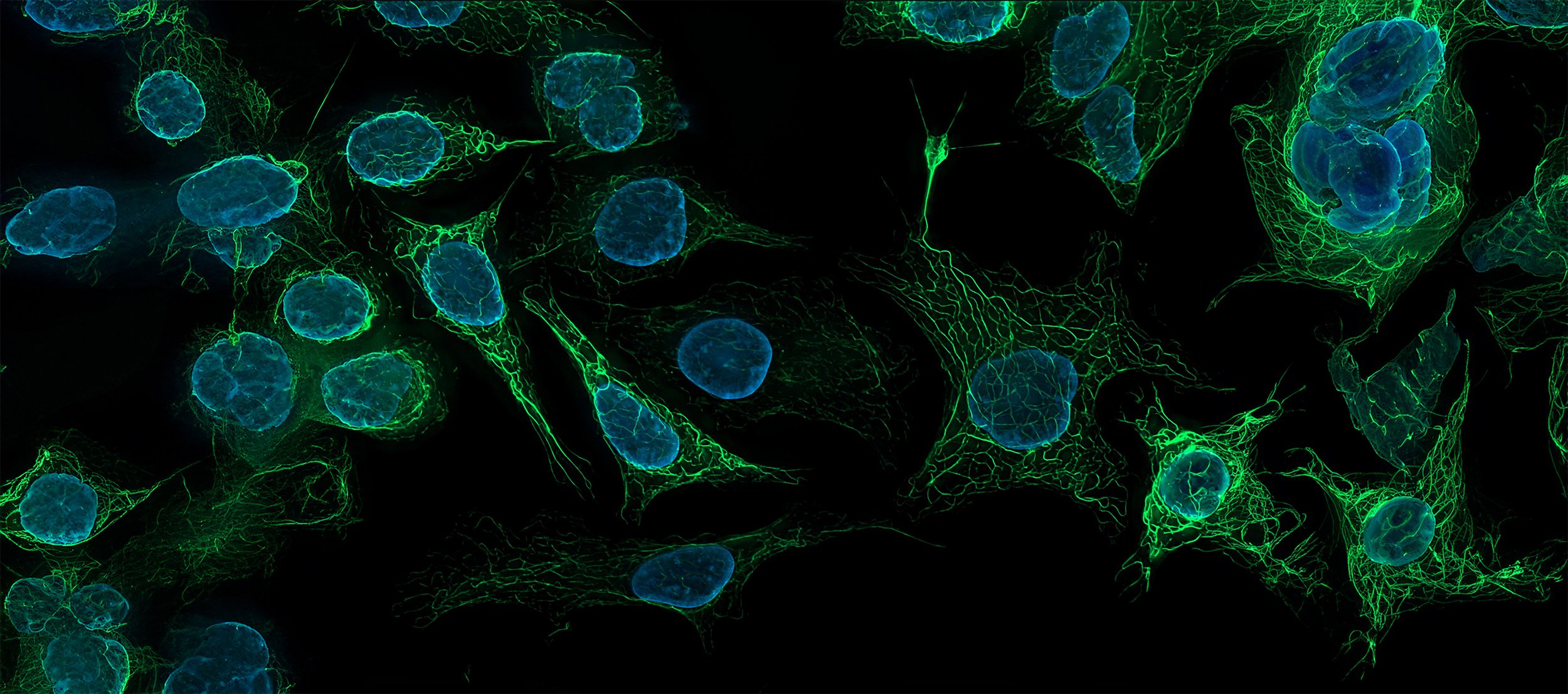
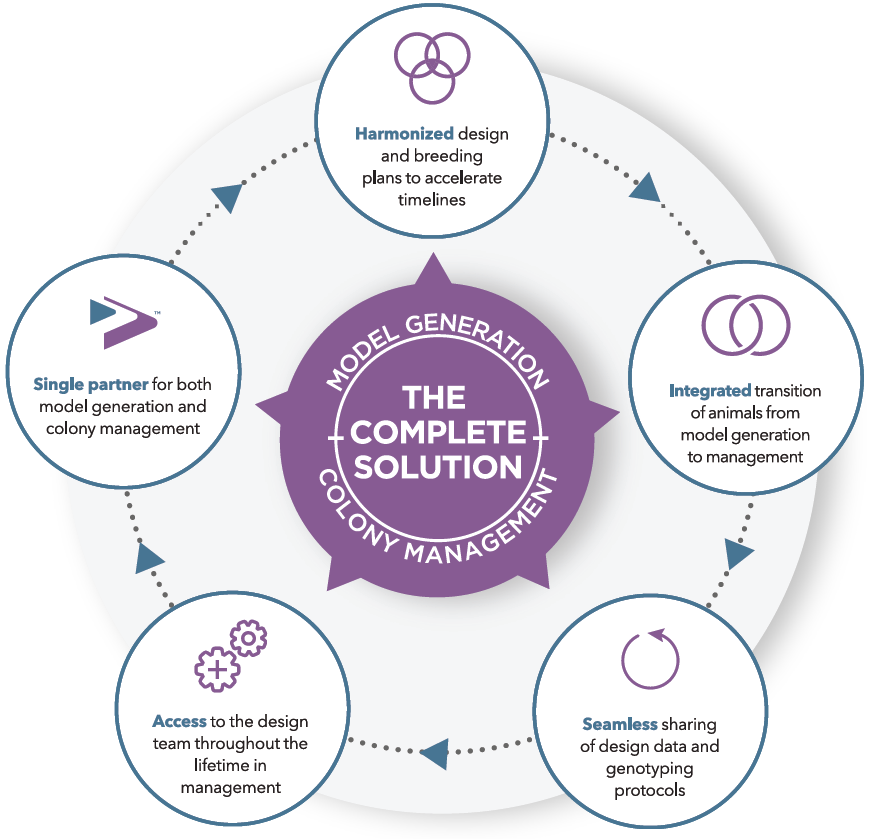
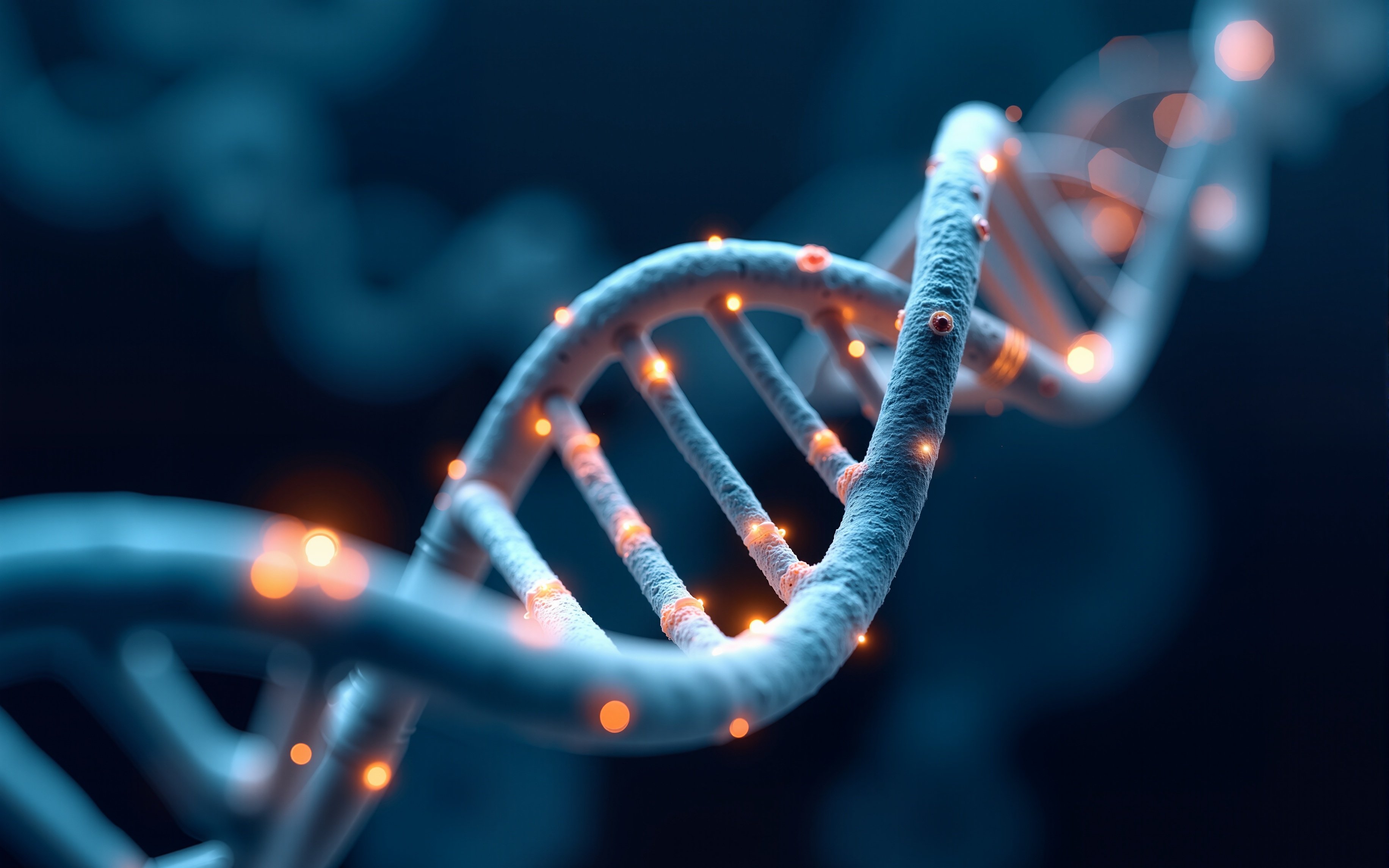
.jpg)
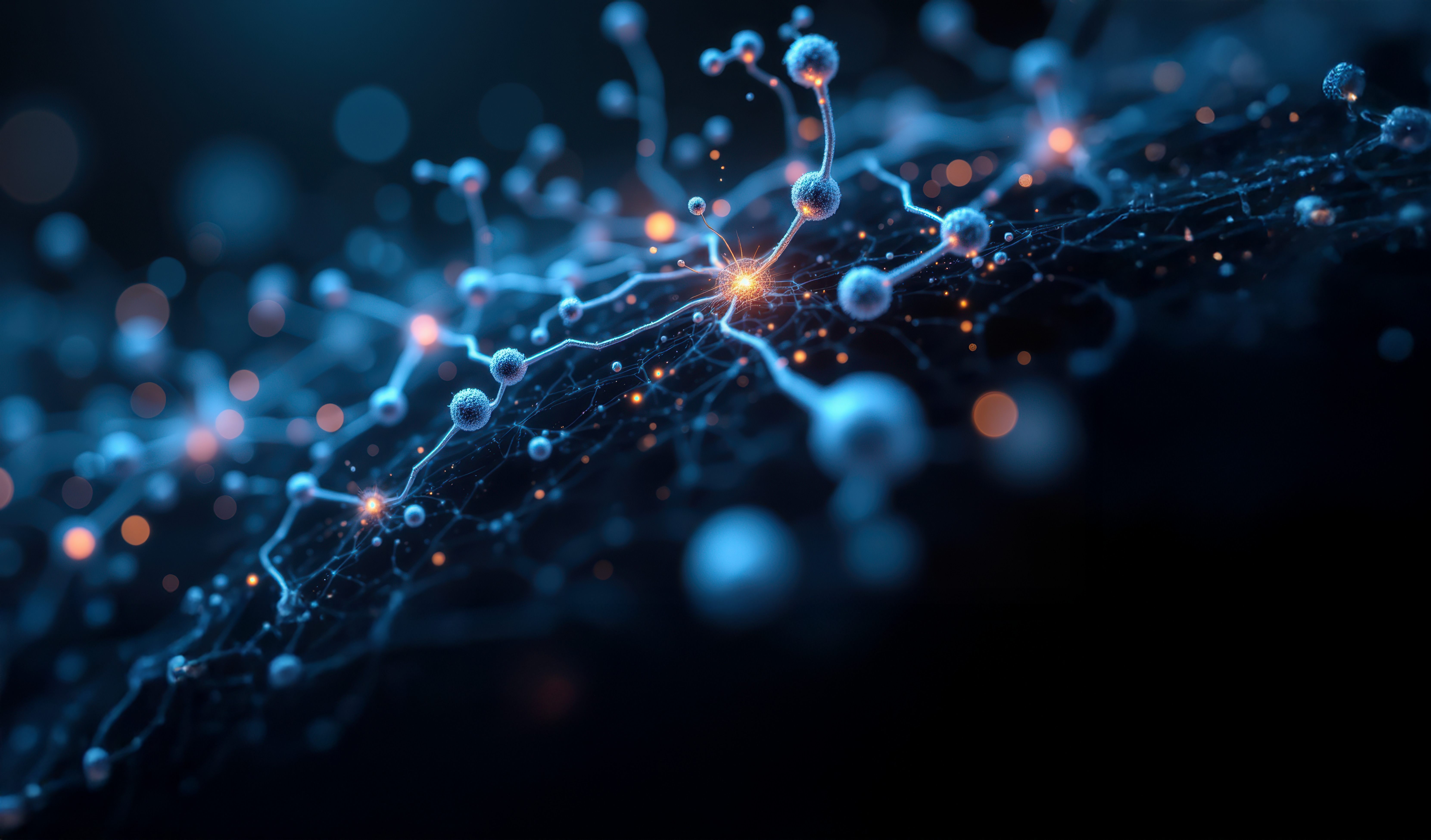
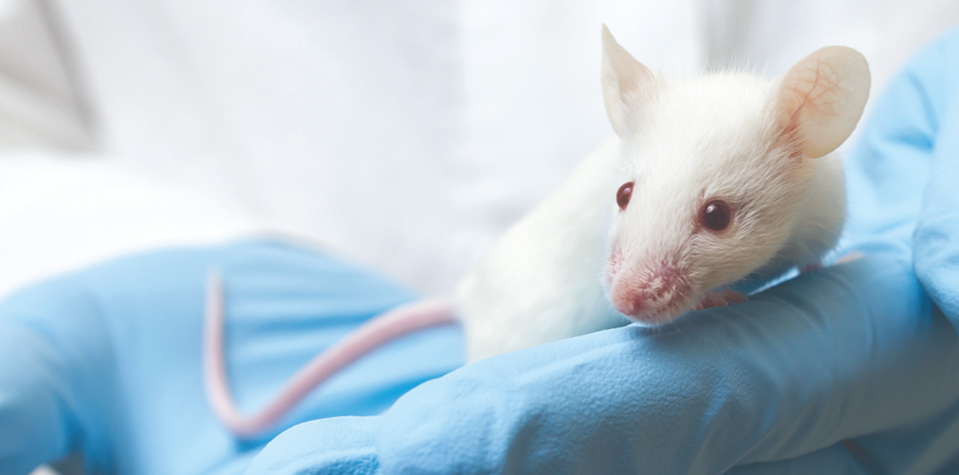

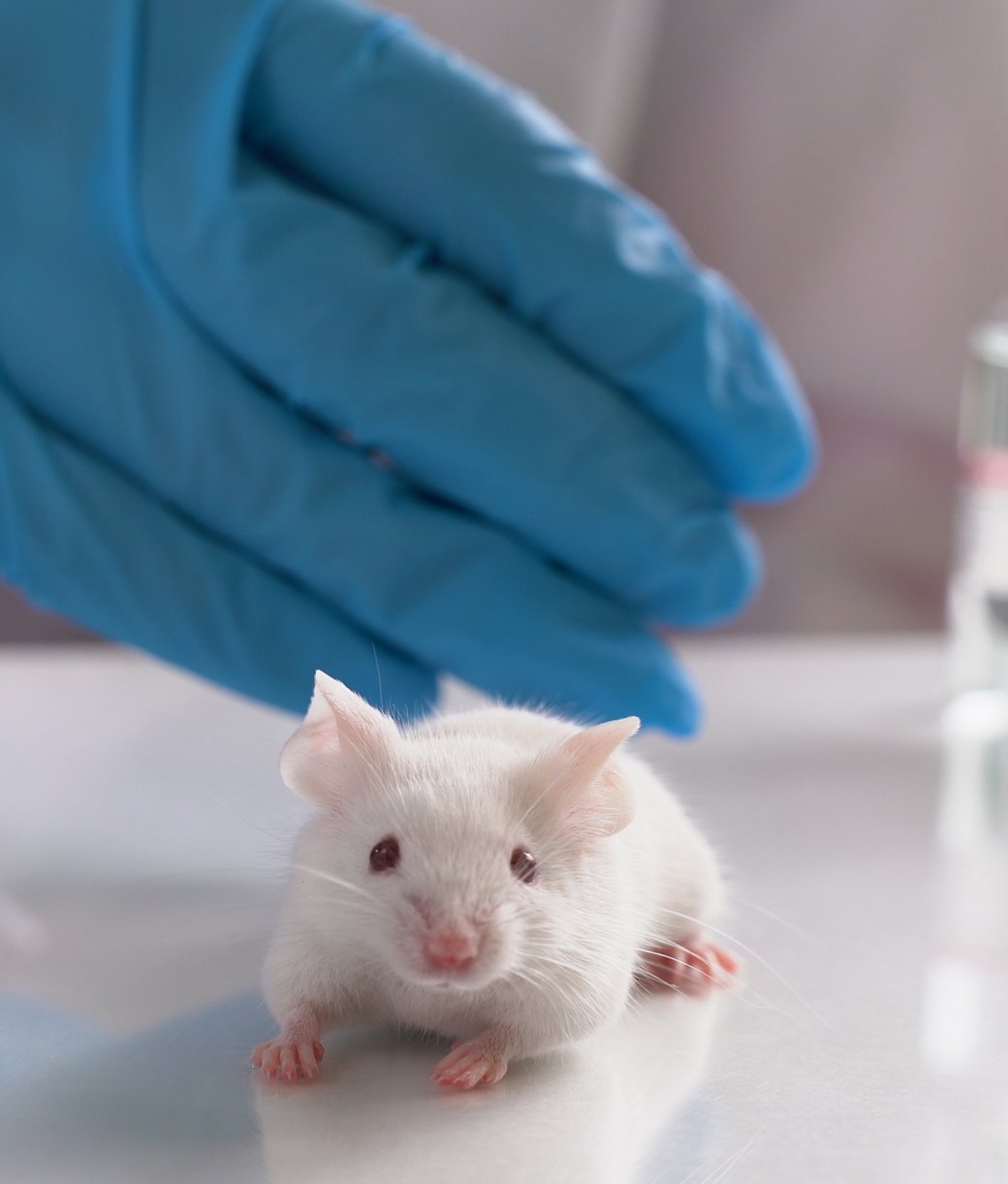

.jpg)

.jpg)





